
Ron Howard’s Hillbilly Elegy is the big-screen version of J.D. Vance’s memoir about growing up poor in Kentucky and Ohio, with his abusive mother, who is addicted to opioids. On its face, this is a simple tale of how Vance managed to succeed in life, despite having everything stacked against him. It’s a story Americans love— a plucky protagonist fights back against all odds and succeeds by pulling himself up by his bootstraps. His is the hero’s journey. He’s a young boy with no notion of his potential. He’s guided by an older woman, his grandmother (played brilliantly by Glenn Close). He hears the call to glory and sets out to join the Marines and begin his epic adventure.
When we meet Vance (Gabriel Basso), he’s at Yale Law School, trying to get a job with a law firm to make enough money to pay off his tuition. He’s interrupted when a call comes from back home. His sister says his mother Beverly (Amy Adams) is using again and has overdosed on heroin. Despite his shame and disdain for the people he left, he still drops everything, including a critical job interview, and drives 10 hours from New Haven, CT to Middletown, OH. This is the pivotal moment in his life. He must decide whether to go forward into the bright future he’s fought so hard for or let the past drag him back into a repetitive, generational cycle of despair and poverty.
Before we move forward, full disclosure is in order: I am from Appalachia (West Virginia). The pejorative epithet “Hillbilly” is one we tend to reserve for each other, in the same way, that you can call your sister a b*tch, but woe be unto anyone else who does; as we say in the holler, thems fightin’ words. Also, a minor nitpick: most of Vance’s difficulties come when he lives in central Ohio. By the time you get to the river traveling West, the land flattens out, and it’s hard to consider the people there “Appalachian mountain folk.”
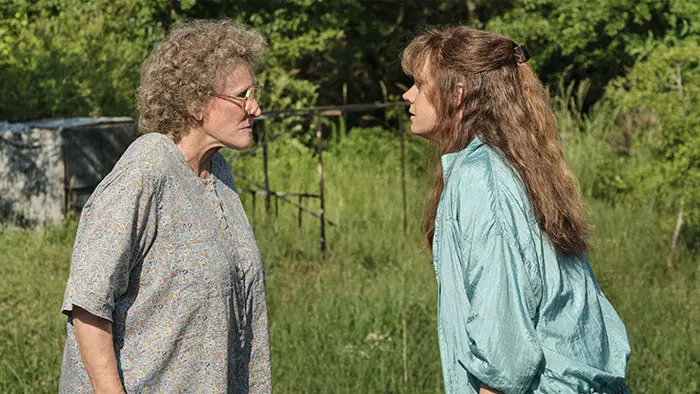
“…he still drops everything, including a critical job interview, and drives 10 hours from New Haven, CT to Middletown, OH.”
My perspective comes from a roughly similar track to Vance’s, but not as extreme. My family was lower middle class. My parents weren’t addicted to anything except church. I went to WVU and the Air Force instead of OSU and the Marines, and I am an IT Project Manager instead of a wealthy venture capitalist with a law degree. I have hillbilly credentials, and I did leave there to pursue better opportunities.
This story, it turns out, is problematic. If we were just talking about the film, without context, the memoir would be all there was to it: a tale well told, with a happy ending. Except, this is not the whole story, and context is everything. There’s a lot to unpack in this deceptively straightforward rags-to-riches parable. While the movie sticks to the main through-line about the relationship between Vance and his mother, focusing on how he bettered himself, he goes further in the book, insisting that the people who come from the environment Vance did have inherited some sort of cultural character flaw that makes them lazy, and unwilling to work as hard as he did. The condescending implication is if anyone works hard enough, they can escape the clutches of poverty and addiction. This is alt-right conservative dogma pulled from a hoary old racist playbook, applied here to those crazy hillbillies. Vance rings this bell often when writing online. This is a case where social media and access to everything a person has ever said forces us to consider whether the film can be judged on its own merits. Unfortunately, we must conclude that it can’t.
The simplistic notions of bootstrapping glosses over decades of neglect by the government, loss of jobs to cheaper labor, budget cuts in education, the intentional dumping of addictive opioids into vulnerable communities, and crumbling infrastructure. These problems aren’t unique to the mountains. This one-two punch of poverty and generational inability to break the cycle happens everywhere.
From my own experience, I know that this has nothing to do with Appalachian culture. In fact, many people from the region do just fine. I graduated high school with three future Ph.D.’s. One of my classmates, Jim Buckmaster, went on to become the CEO of Craigslist.
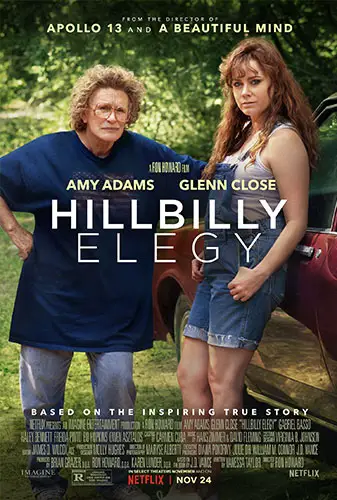
"…forces us to consider whether the film can be judged on its own merits. Unfortunately, we must conclude that it can't."
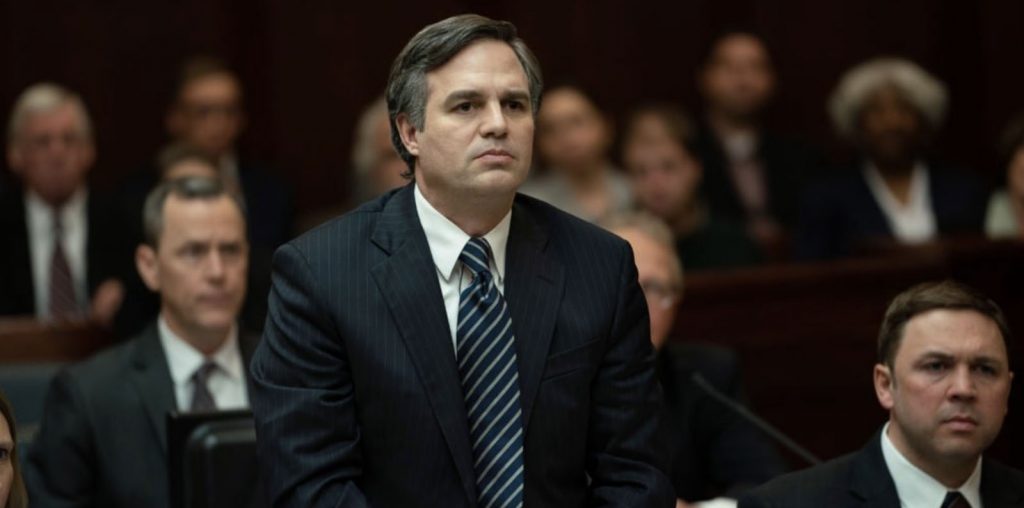
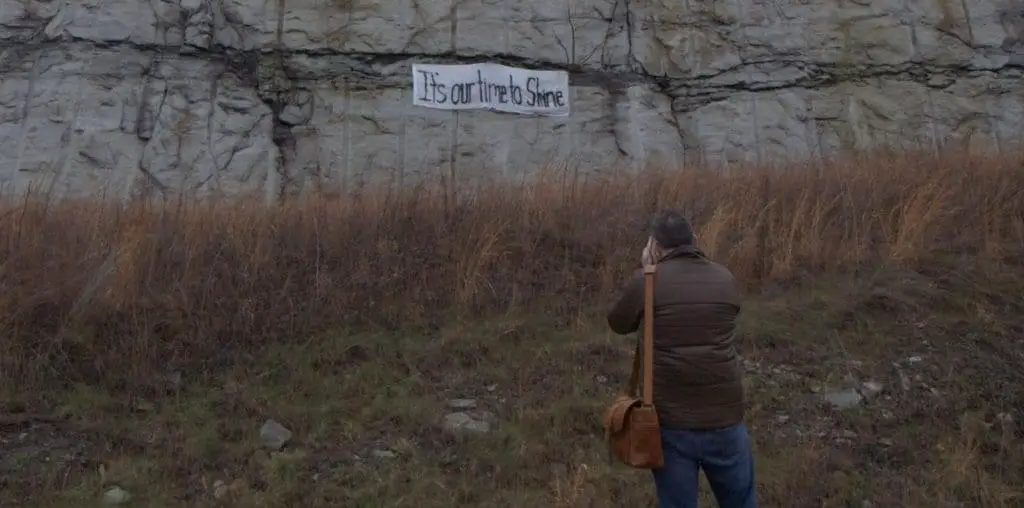
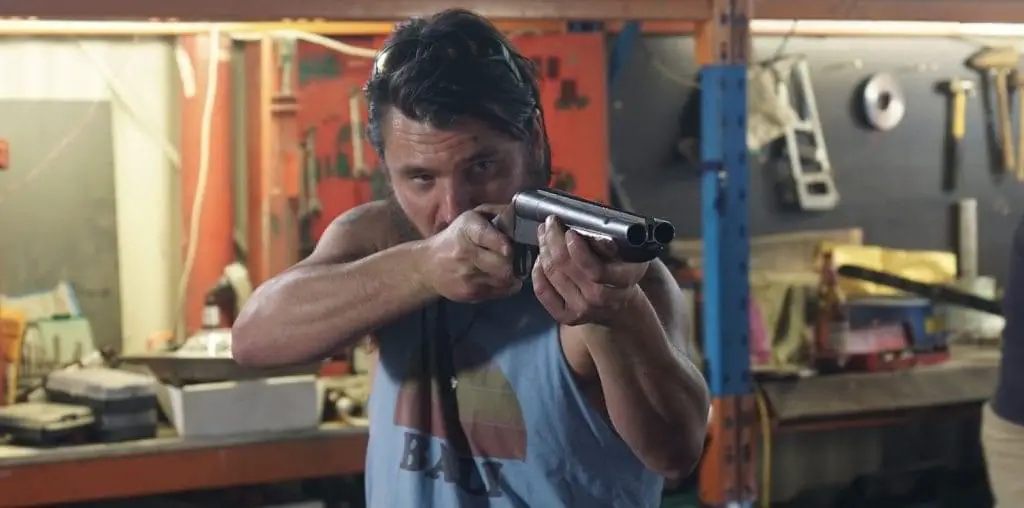
It’s not slt-right, just conservative. Your look observation lens is quite plain to see. More importantly, it is a good lesson. Both you and author did it. It is faddish to blame everything on forces beyond your control. However much some forces may be beyond control, personal agency can get you pretty far. And isn’t that a better than saying you can’t get ahead. Don’t even try?
Beyond the politics, I saw it as a story of overcoming adversity and finding success or a way out of the cycle of addiction. This is a universal problem set in the context of “hillbillies” but the consequences are the same, “don’t try” repeat the cycle.
Incredible movie. Do yourself a favor and set aside your preconceived notions of the hardships that middle America and enjoy a Ron Howard masterpiece.